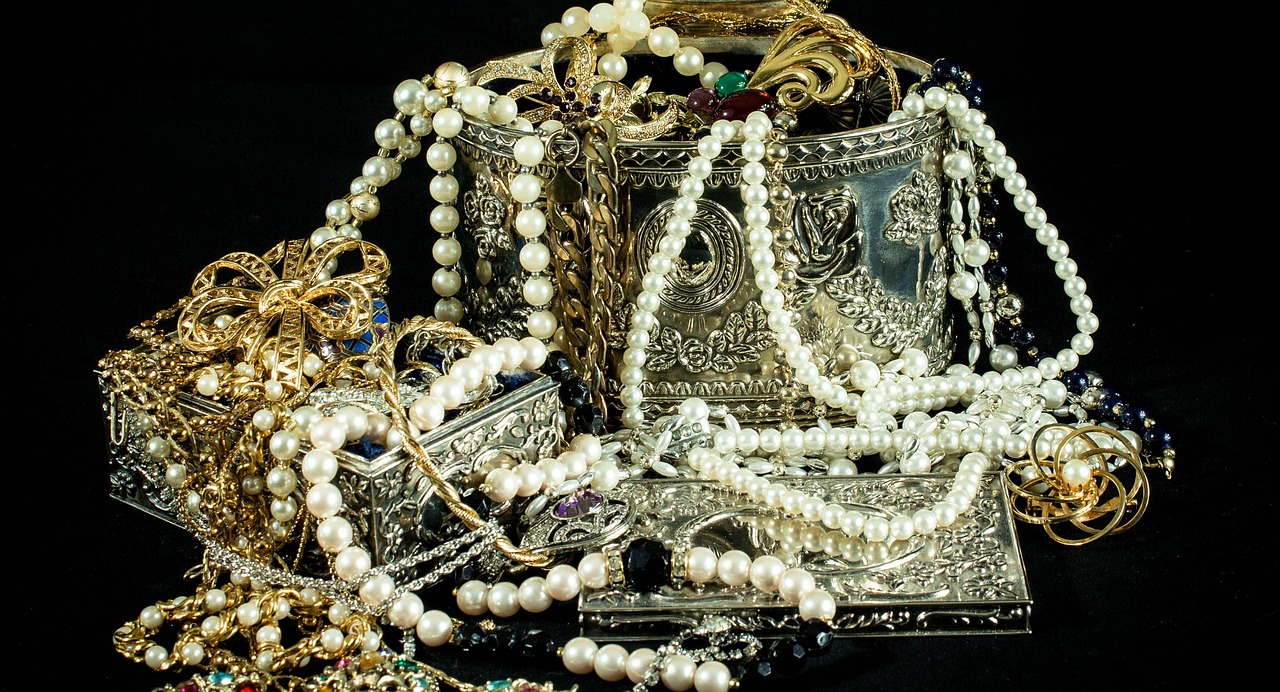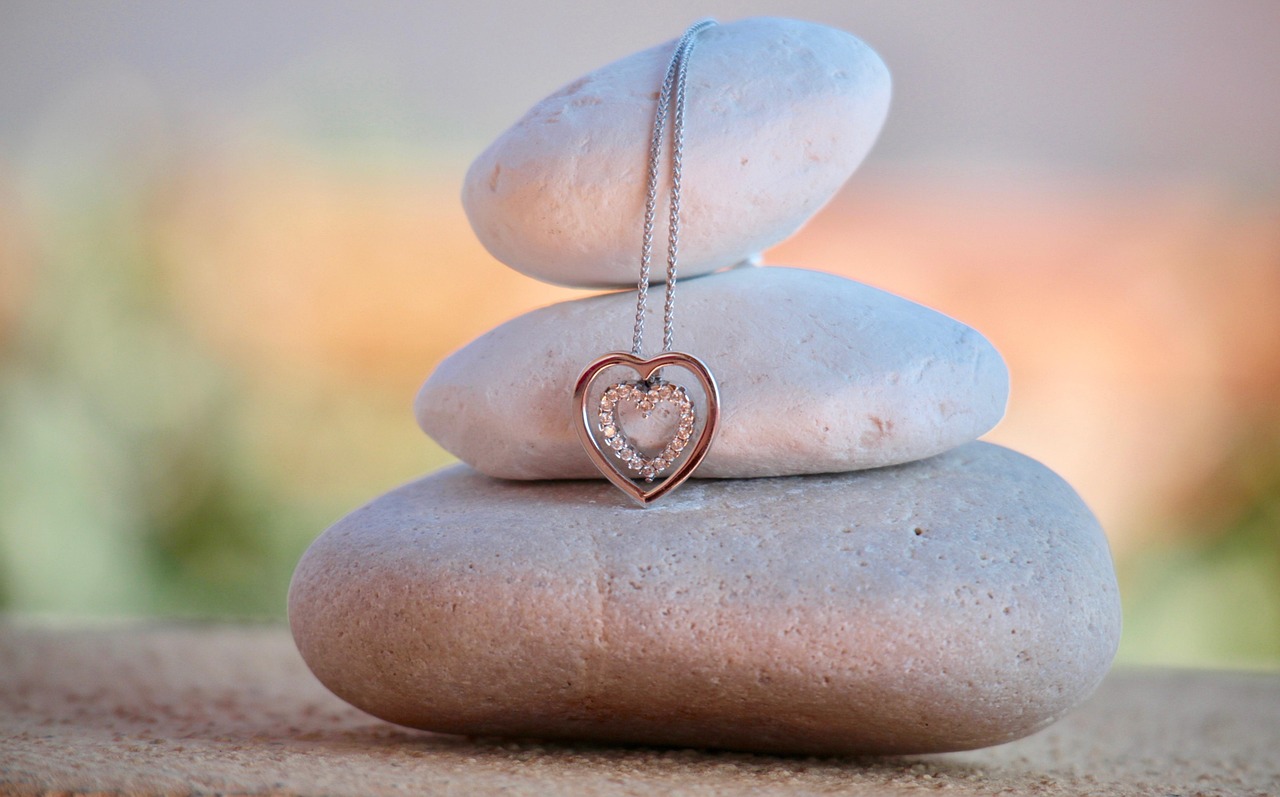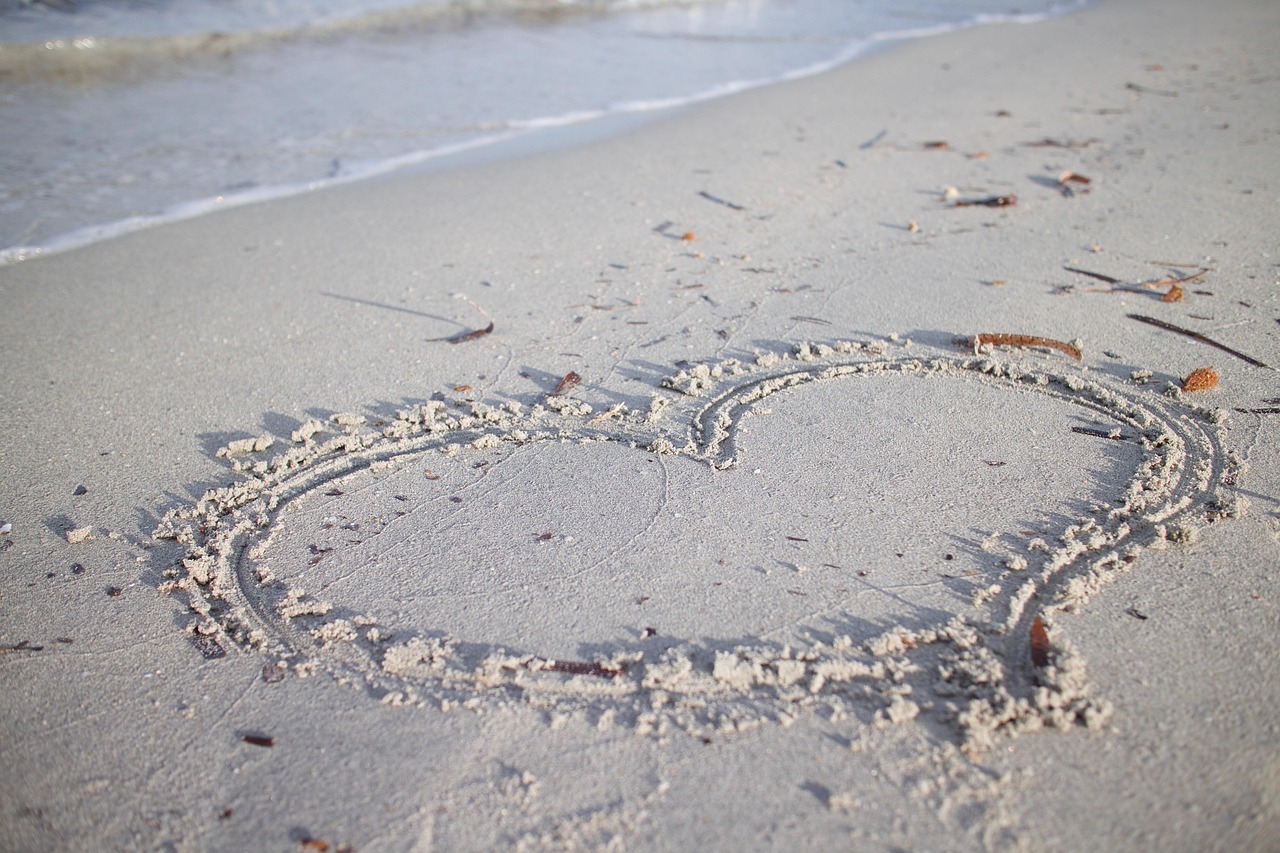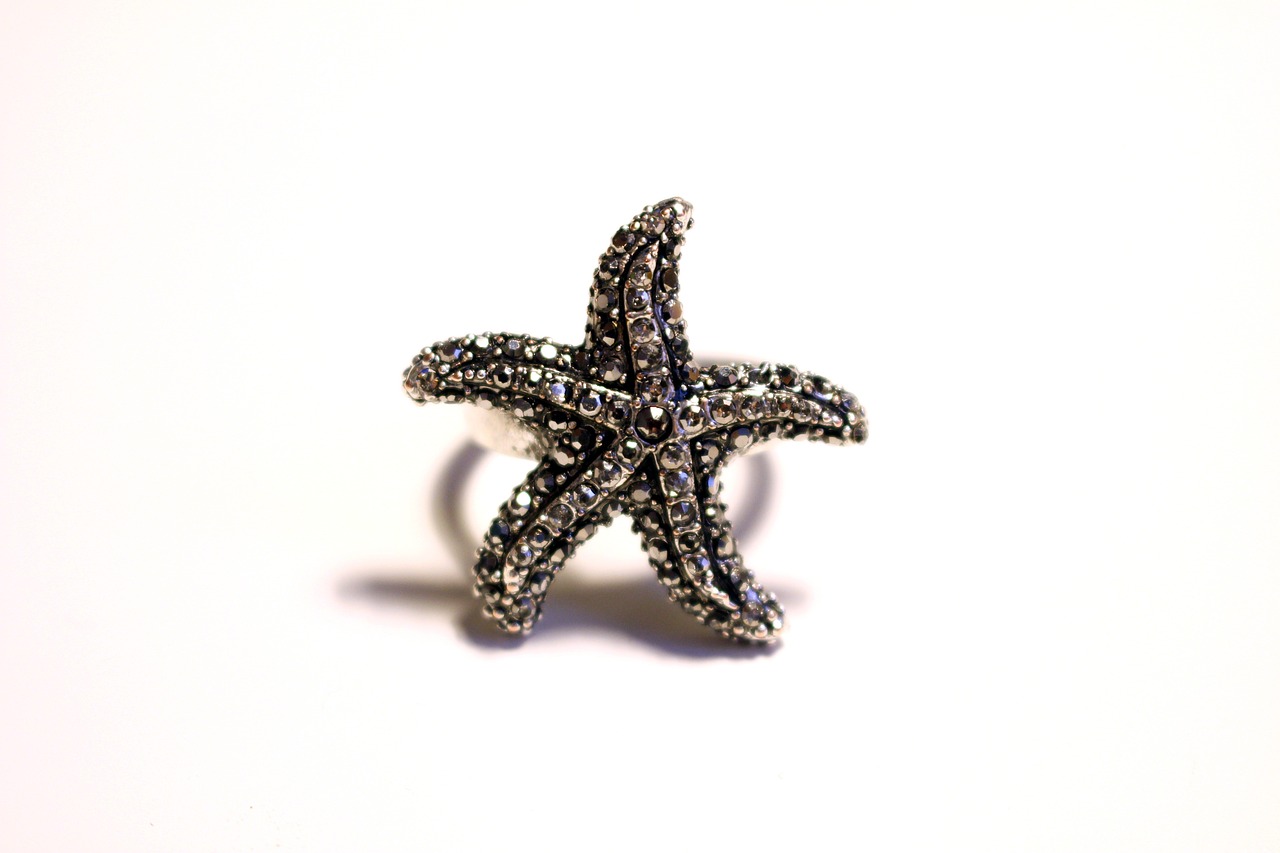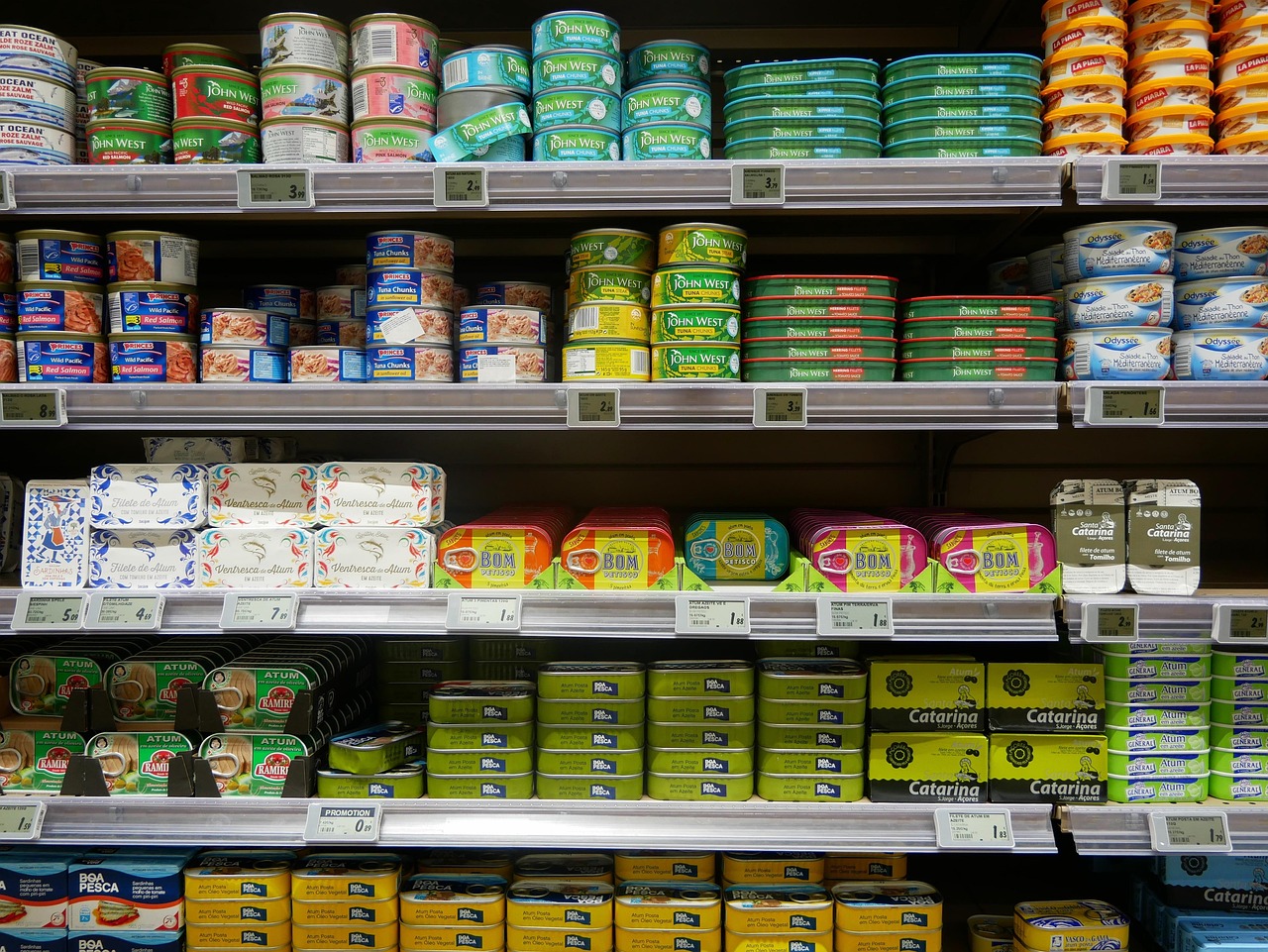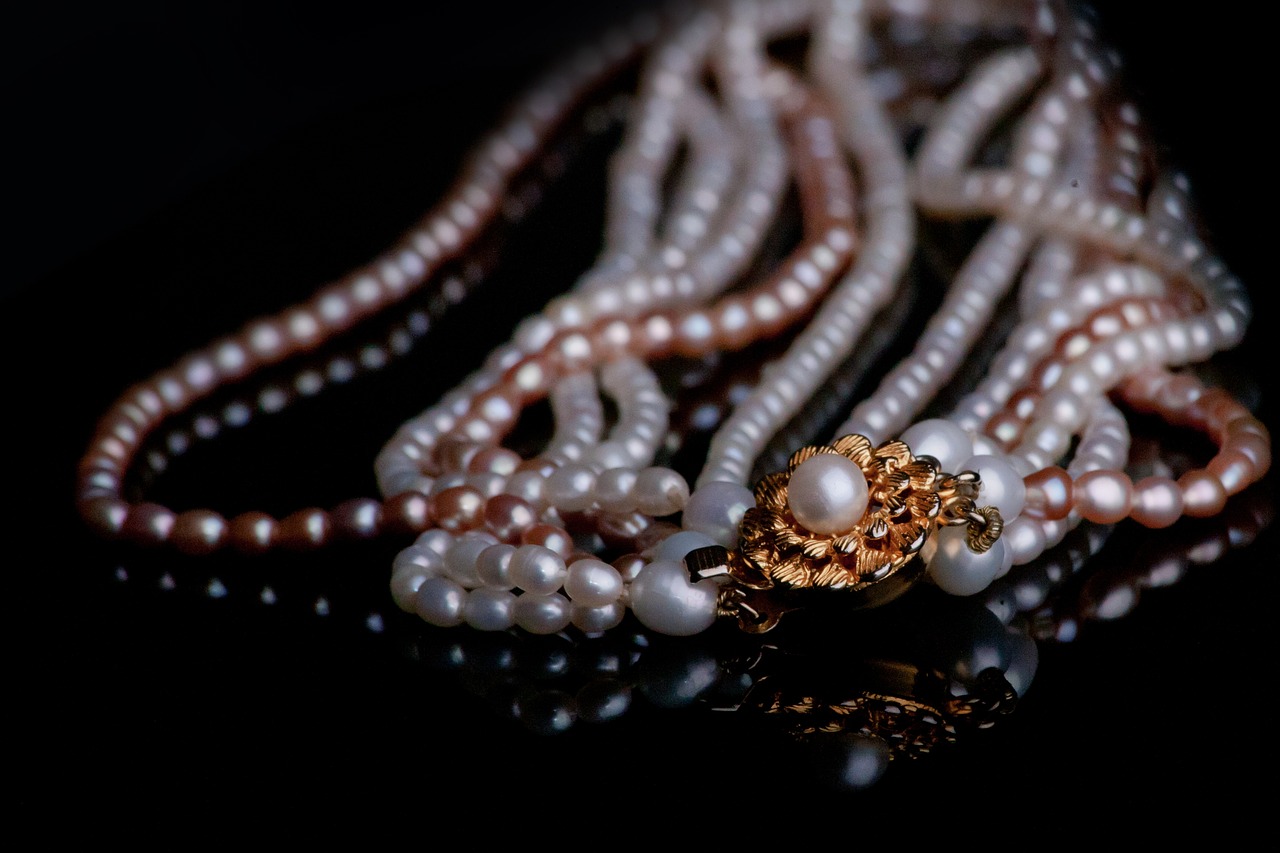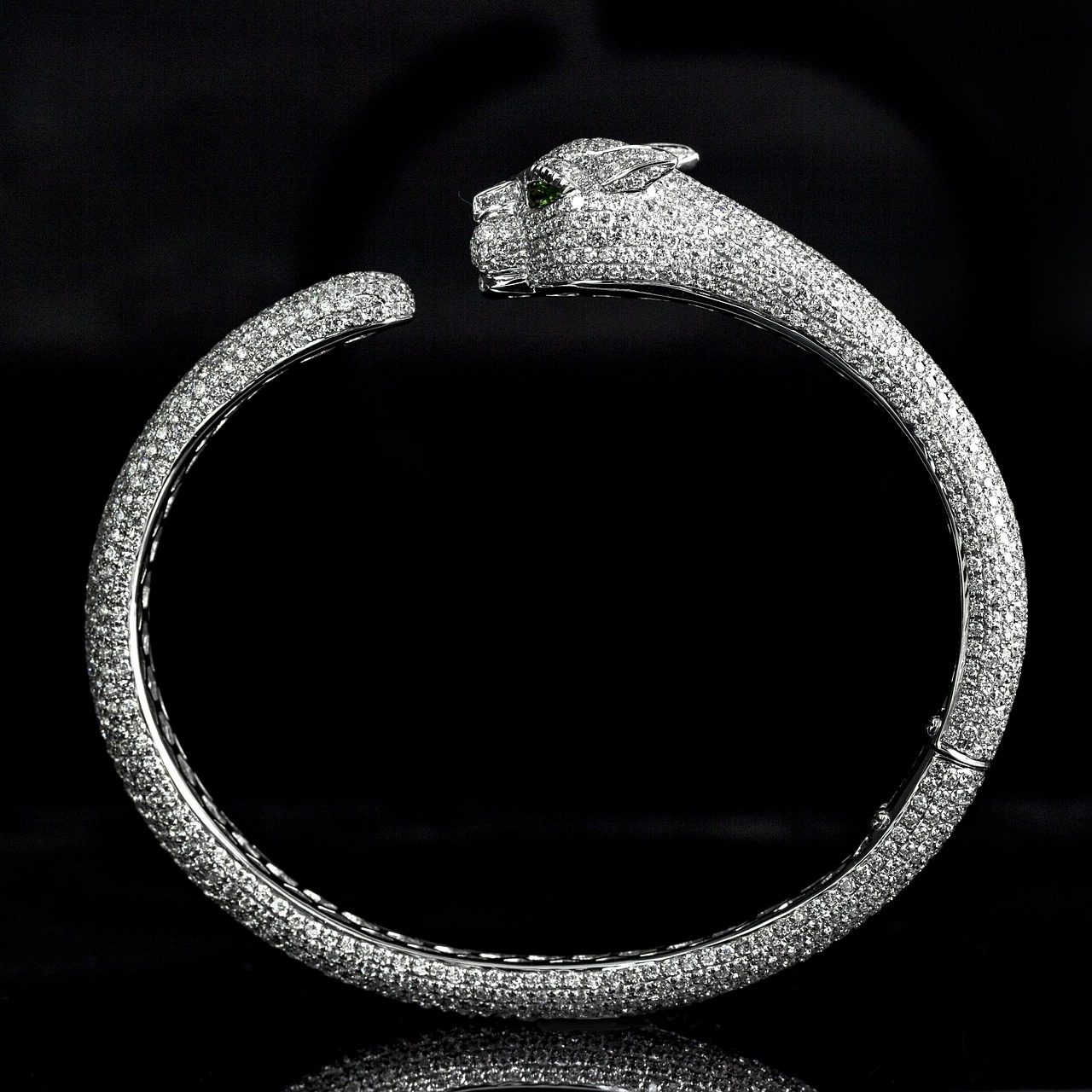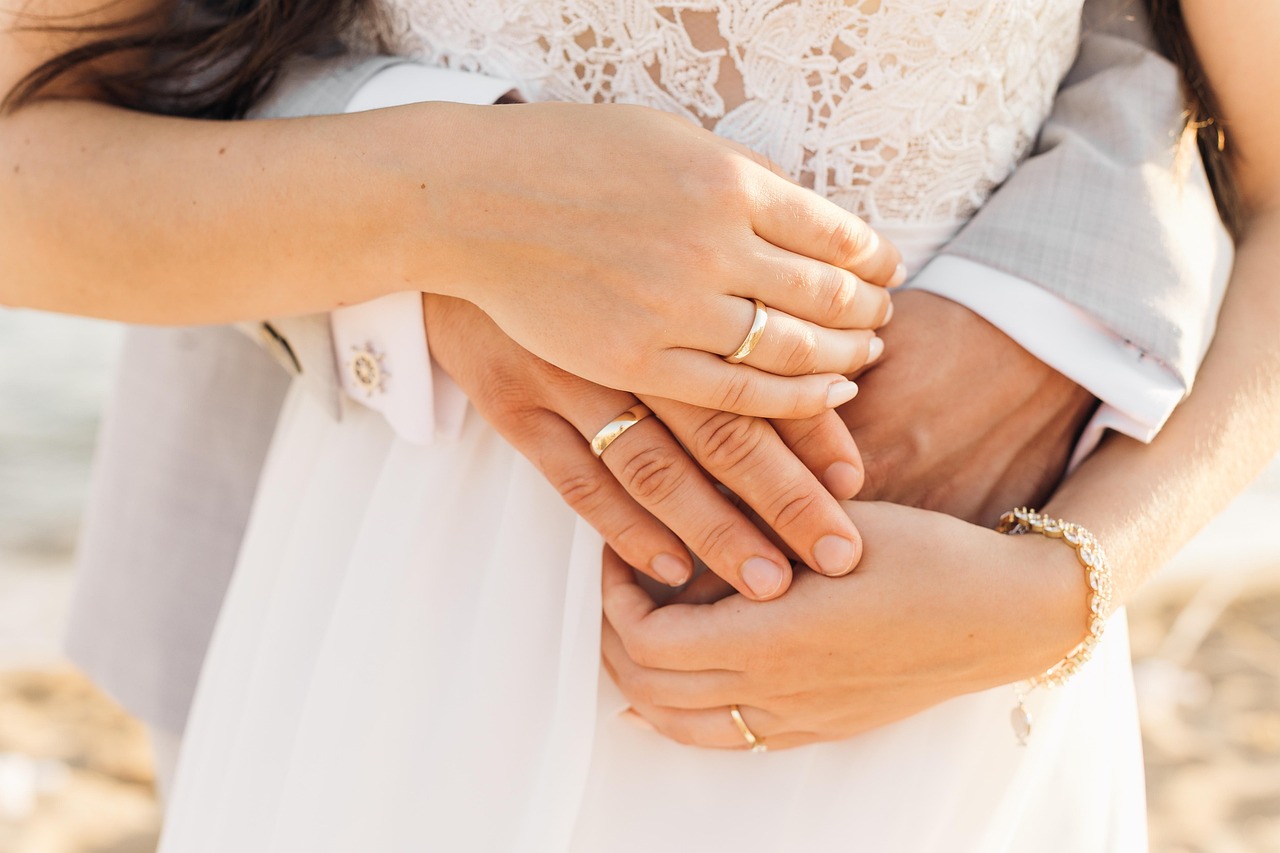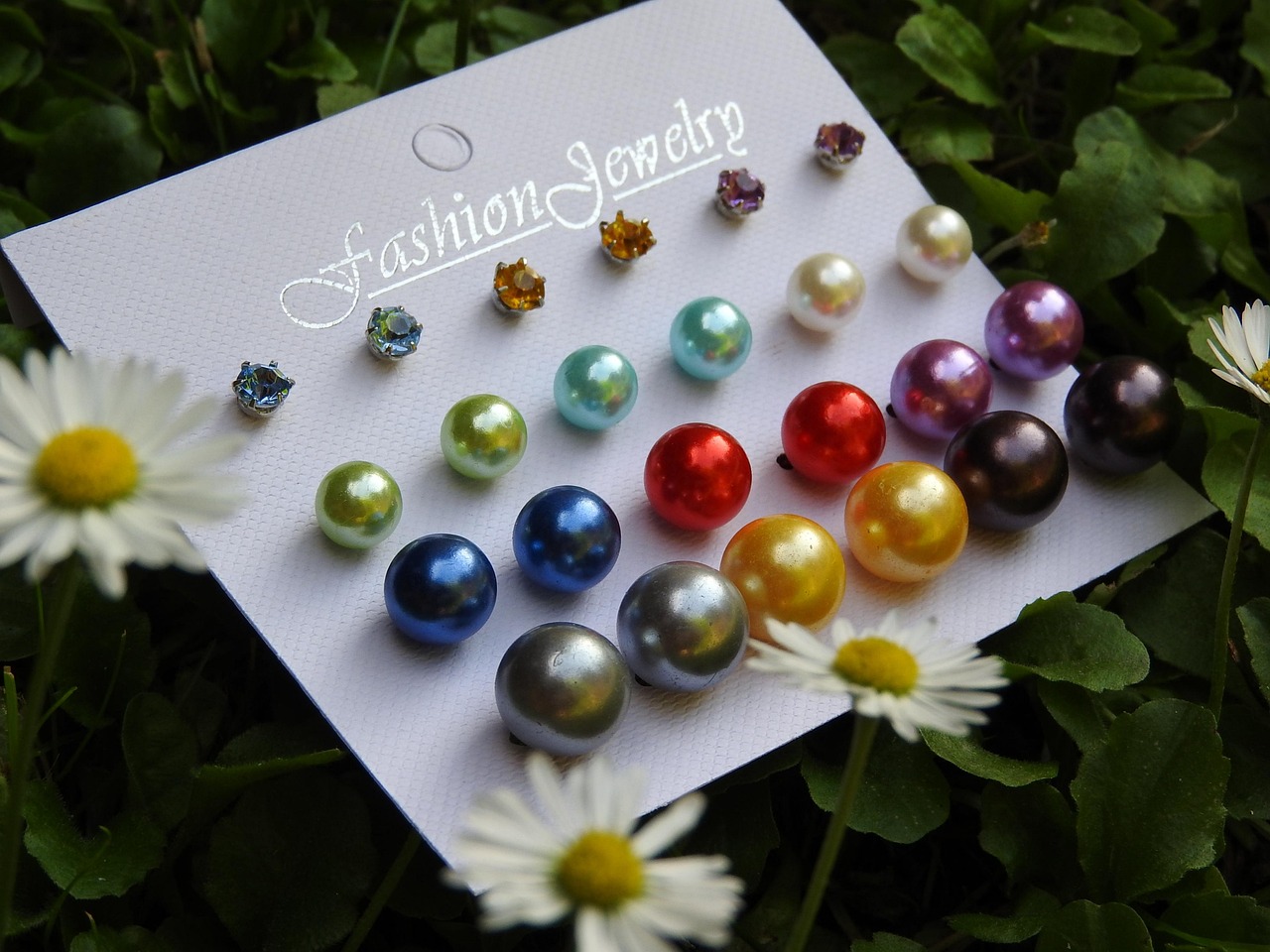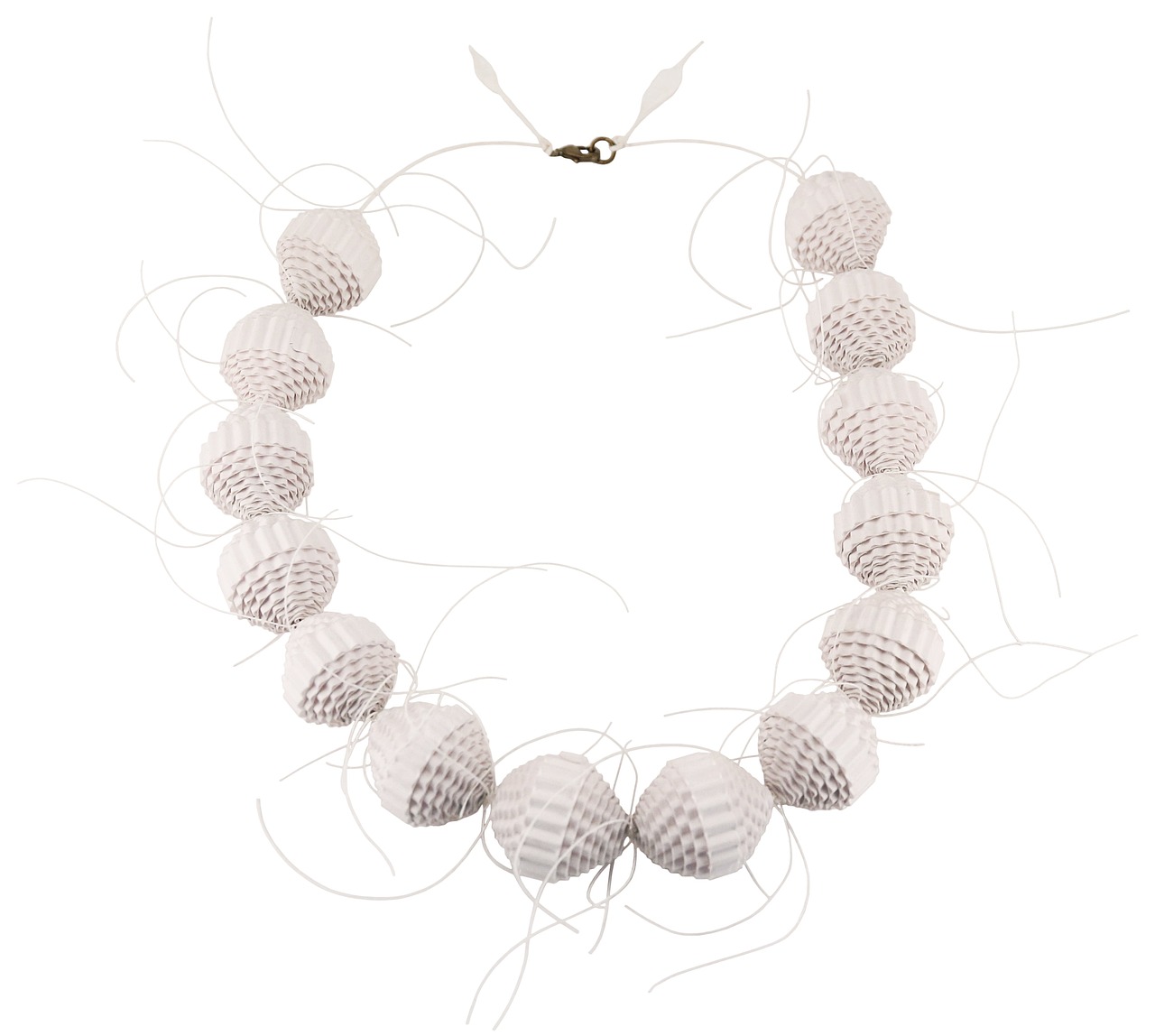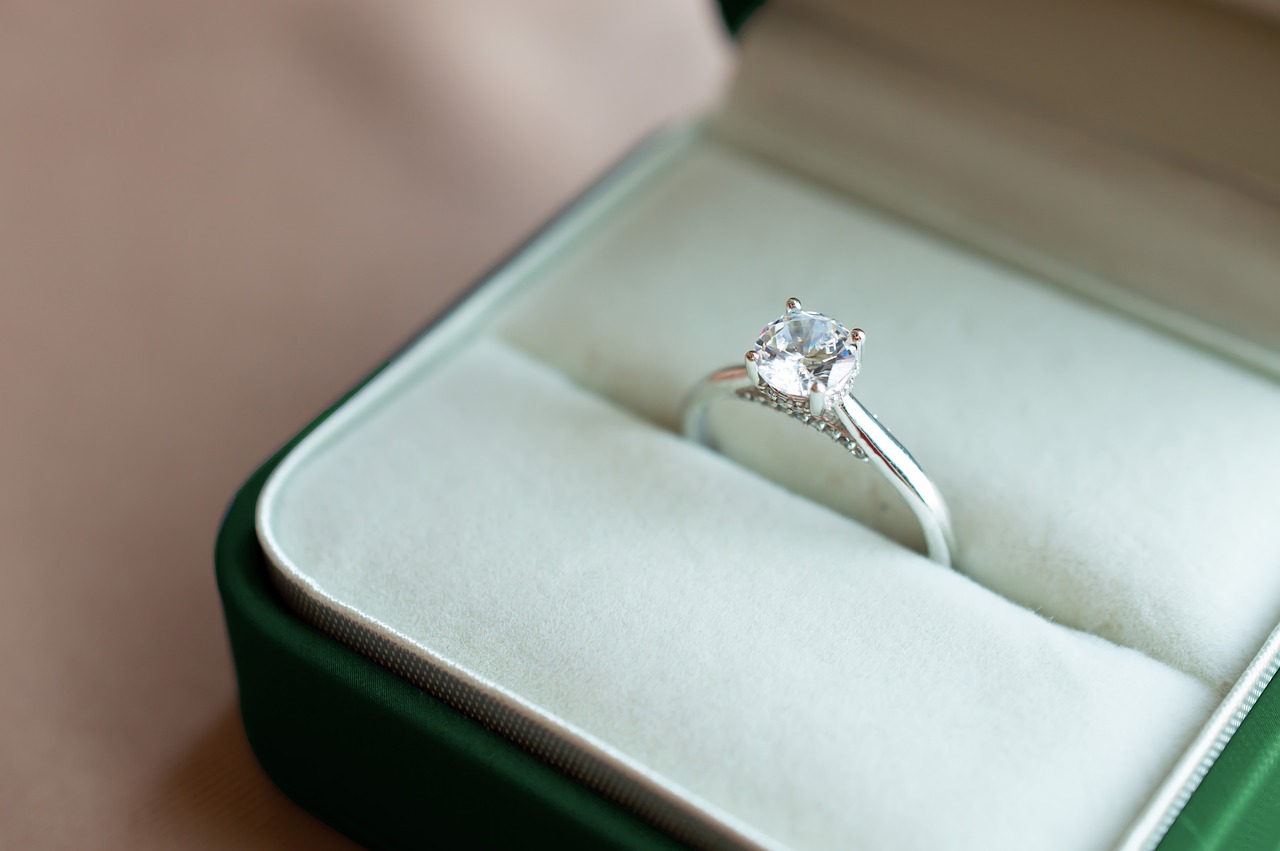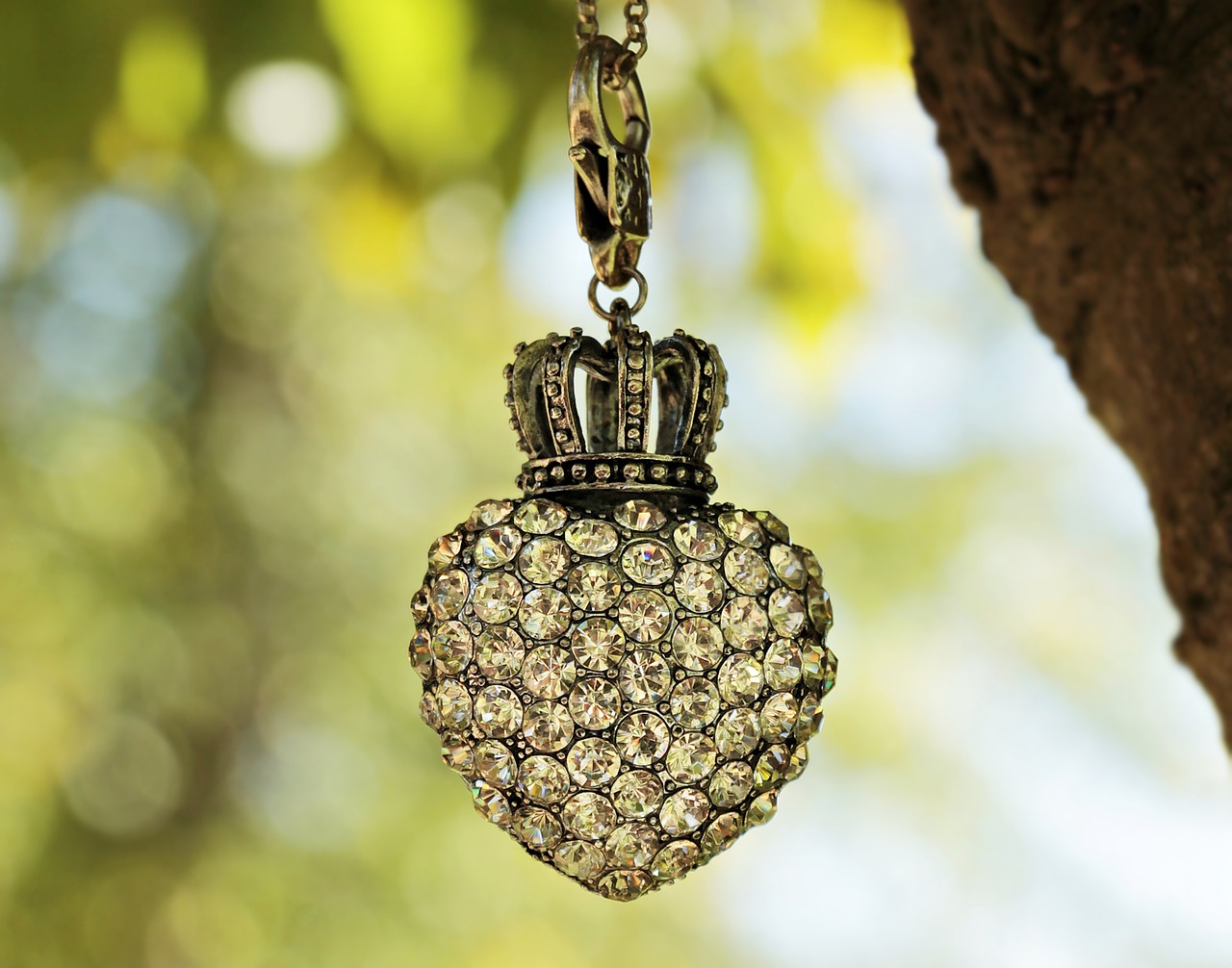This article delves into the best cleaning methods for sapphires and rubies, emphasizing their unique properties, care tips, and maintenance practices to ensure their brilliance and longevity.
Understanding the fundamental differences between these two stunning gemstones is essential. Both sapphires and rubies are varieties of the mineral corundum, yet they differ primarily in color. Sapphires are typically blue but can come in various hues, while rubies are characterized by their vibrant red color due to the presence of chromium. Their unique properties, such as hardness and brilliance, make them desirable for jewelry.
Cleaning precious stones like sapphires and rubies is crucial for maintaining their luster and preventing damage. Regular care can extend their lifespan and enhance their visual appeal. Dust, oils, and dirt can accumulate on the surface, dulling their shine. Therefore, adopting a routine cleaning strategy is essential for preserving these gemstones’ beauty.
Sapphires require gentle cleaning methods to preserve their beauty. A simple solution of mild soap and warm water is often recommended. Use a soft brush, such as a toothbrush, to gently scrub the stone, ensuring you reach any crevices where dirt may hide. Rinse thoroughly with clean water and dry with a soft cloth.
Ultrasonic cleaners can be effective for sapphires, but caution is advised. While sapphires are durable, any inclusions or fractures can be exacerbated by the vibrations of an ultrasonic cleaner. Always check the stone’s durability and consult a professional if unsure.
Certain chemicals can harm sapphires. It’s essential to avoid harsh cleaners, bleach, or abrasive materials that can scratch or damage the stone. Always opt for gentle cleaning solutions to maintain the stone’s integrity.
Cleaning rubies requires similar care to sapphires, but their unique properties may necessitate different techniques. Like sapphires, a mixture of mild soap and water is usually safe for rubies. Ensure you use a soft brush to avoid scratching the surface.
Soap and water are generally safe for cleaning rubies. However, it’s crucial to know the right concentrations and methods to prevent potential damage. Always rinse thoroughly to remove any soap residue, which can dull the stone’s shine.
Taking precautions when cleaning rubies is vital. Avoid using harsh chemicals and ensure you use soft materials to prevent scratching the stone. Additionally, always handle rubies with care to avoid drops or impacts that could cause chipping.
Regular cleaning schedules can vary based on wear and exposure. For everyday wear, cleaning your sapphires and rubies every few weeks is advisable. If the jewelry is worn less frequently, a thorough cleaning every few months may suffice.
Homemade cleaning solutions can be effective for both sapphires and rubies. A mixture of equal parts water and white vinegar can work wonders for light cleaning. However, always test a small area first to ensure the solution does not affect the stone.
Professional cleaning may be necessary for heavily soiled gemstones or intricate settings. If you notice significant buildup or if the stone appears dull despite regular cleaning, consulting a professional ensures optimal care for your jewelry.
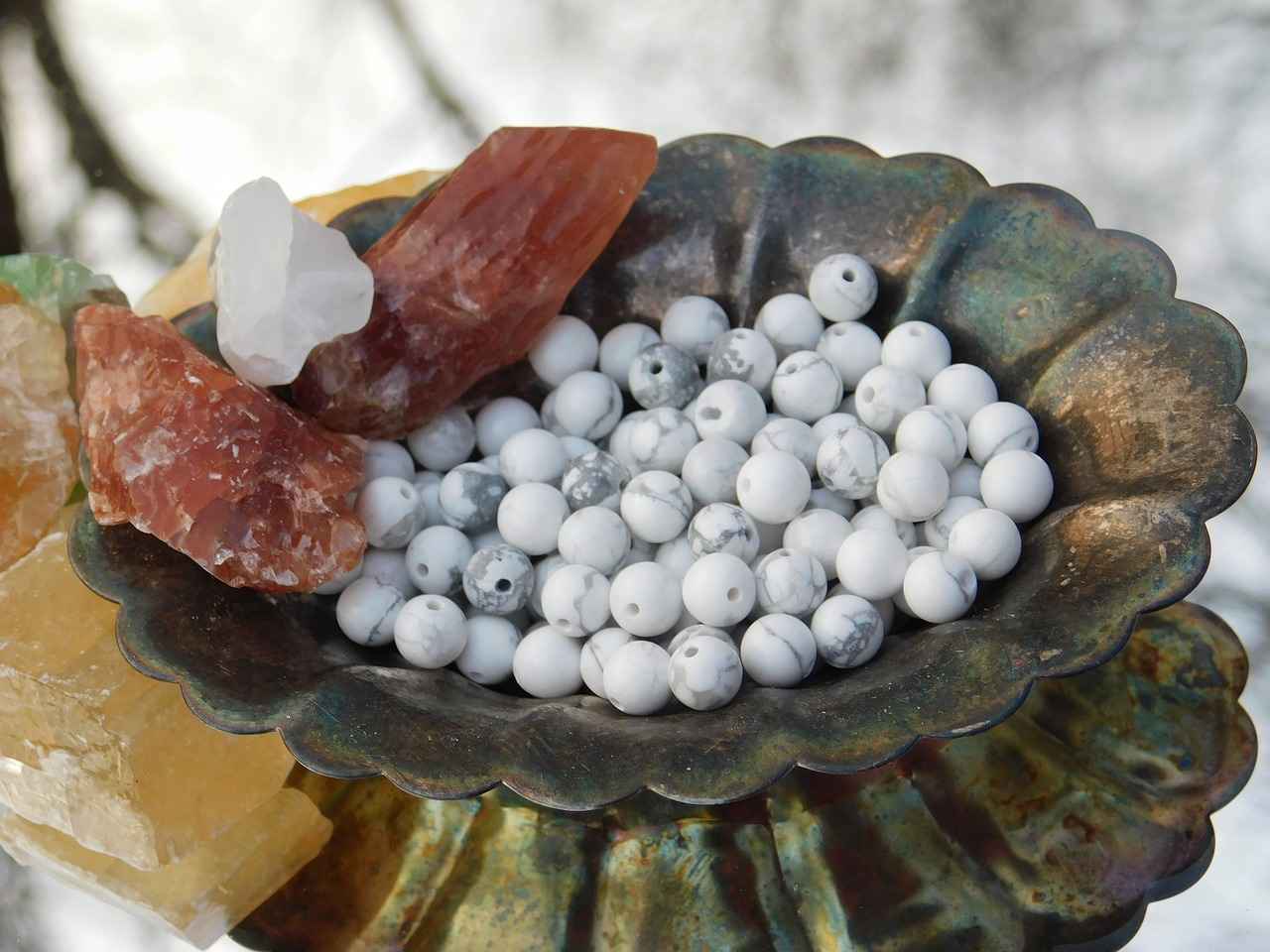
What Makes Sapphires and Rubies Unique?
When it comes to precious gemstones, sapphires and rubies hold a special place in the hearts of many. Though they are both classified as corundum, their distinct characteristics and colors make them unique. Understanding these differences is not only fascinating but also essential for anyone interested in gemstones.
The primary distinction between sapphires and rubies lies in their color. While sapphires can be found in a variety of hues, including blue, yellow, pink, and green, rubies are specifically known for their vibrant red color. This red hue is due to the presence of chromium, which gives rubies their striking appearance.
In terms of hardness, both sapphires and rubies score a 9 on the Mohs scale, making them incredibly durable. However, the clarity and specific inclusions can vary significantly between the two. Rubies often contain more inclusions, which can affect their overall value. On the other hand, high-quality sapphires may have fewer inclusions, contributing to their brilliance and desirability.
Another factor that differentiates these gemstones is their origin. While both stones can be found in various locations around the world, certain regions are renowned for producing superior quality stones. For instance, Kashmir sapphires are famous for their deep blue color, while Burmese rubies are celebrated for their rich red hue and exceptional clarity.
Furthermore, the cultural significance of sapphires and rubies varies. Sapphires are often associated with wisdom, loyalty, and nobility, making them popular choices for engagement rings and royal jewelry. In contrast, rubies symbolize passion, love, and courage, often being gifted on special occasions such as anniversaries.
Understanding these unique properties not only enhances appreciation for these gemstones but also aids in making informed decisions when purchasing or caring for them. Whether you are drawn to the serene blues of sapphires or the fiery reds of rubies, recognizing their differences is key to enjoying their beauty to the fullest.
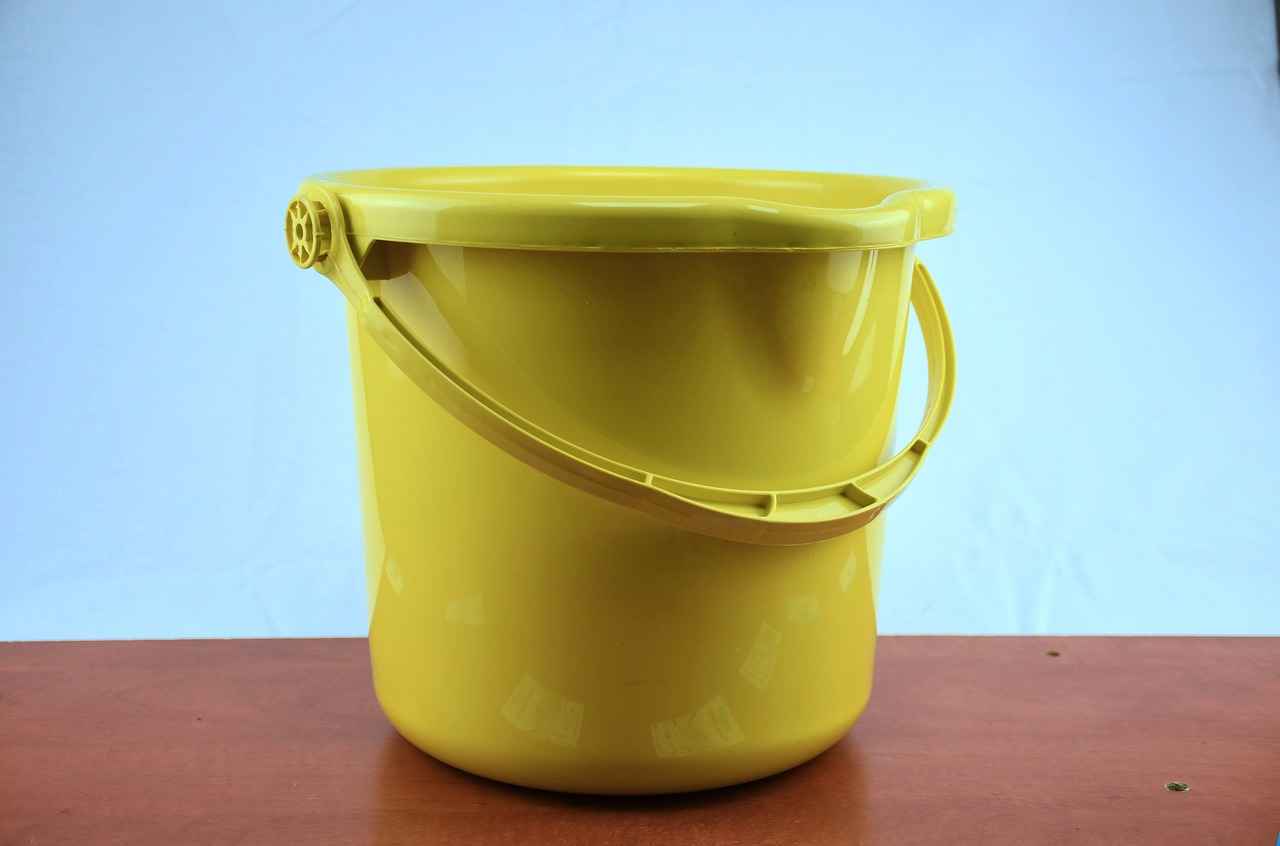
Why Is Proper Cleaning Important for Gemstones?
Cleaning precious stones like sapphires and rubies is not merely a routine task; it is a vital aspect of gemstone care that significantly impacts their longevity and aesthetic appeal. Over time, these stunning gems can accumulate dirt, oils, and residues, which can dull their surface and diminish their brilliance. Therefore, understanding the importance of proper cleaning techniques is essential for anyone who owns or cherishes these exquisite stones.
Maintaining the luster of sapphires and rubies requires regular cleaning to prevent buildup that can lead to permanent damage. Both of these gemstones are renowned for their vibrant colors and clarity, which can be compromised by neglect. Here are several reasons why proper cleaning is crucial:
- Enhances Visual Appeal: Regular cleaning ensures that the natural brilliance and color of sapphires and rubies shine through. A well-maintained gemstone reflects light beautifully, enhancing its visual appeal.
- Prevents Damage: Dirt and grime can create micro-abrasions on the surface of the stones. Over time, this can lead to scratches or even chips, which may be irreversible. Proper cleaning techniques can help prevent such damage.
- Extends Lifespan: Just like any valuable item, gemstones require care to last a lifetime. Regular cleaning can help maintain their structural integrity and prevent degradation over time.
- Maintains Value: For collectors and investors, the condition of gemstones significantly affects their market value. Keeping sapphires and rubies clean and well-maintained can help preserve their worth.
Neglecting the cleaning of sapphires and rubies can lead to several negative consequences:
- Loss of Brilliance: Accumulated dirt can cause gemstones to appear dull and lifeless, detracting from their natural beauty.
- Increased Repair Costs: Damage from neglect may require professional repair services, which can be costly. Regular cleaning minimizes this risk.
- Reduced Wearability: Dirty stones may not be comfortable to wear, especially if they accumulate oils and dirt that irritate the skin.
The frequency of cleaning depends on how often you wear your gemstones. For everyday wear, it is advisable to clean sapphires and rubies at least once a month. If you wear them less frequently, a thorough cleaning every few months may suffice. Additionally, if you notice any buildup or dullness, it’s time for a cleaning, regardless of schedule.
When cleaning sapphires and rubies, it is essential to use the right methods to avoid damage:
- Use Mild Soap: A mixture of warm water and mild dish soap is often effective. Avoid harsh chemicals that can damage the stone.
- Soft Brush: Use a soft-bristled brush to gently scrub the stone and its setting. This helps remove debris without scratching the surface.
- Rinse Thoroughly: Ensure all soap residue is washed away, as leftover soap can dull the stone’s appearance.
- Dry Gently: Use a soft, lint-free cloth to dry the gemstones. Avoid paper towels, as they can cause scratches.
In summary, proper cleaning is essential for maintaining the beauty and integrity of sapphires and rubies. By understanding the importance of regular care and employing effective cleaning practices, you can ensure that these stunning gemstones remain vibrant and cherished for generations to come.
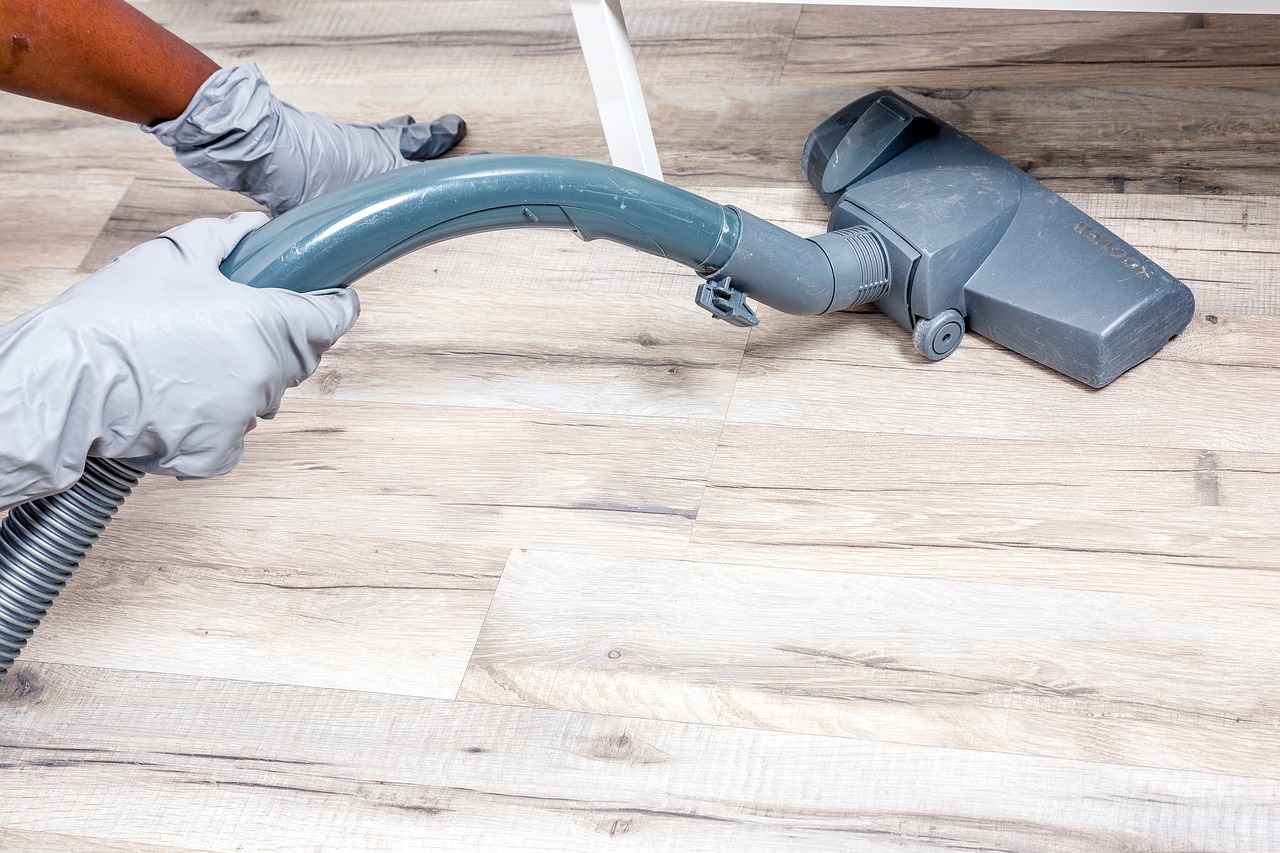
What Are the Best Cleaning Methods for Sapphires?
When it comes to preserving the beauty of your precious gemstones, understanding the best cleaning methods is essential. Sapphires, known for their stunning hues and durability, require specific care to maintain their brilliance. This section will explore the most effective cleaning techniques to ensure your sapphires remain as captivating as the day you acquired them.
Sapphires are incredibly resilient, but they still require gentle cleaning methods to avoid any potential damage. Here’s a detailed guide on how to clean sapphires effectively:
- Use Mild Soap and Water: A simple solution of warm water and a few drops of mild dish soap is often recommended. This combination is effective in removing dirt and oils without harming the gemstone.
- Soft Cloth or Brush: When cleaning your sapphire, use a soft, lint-free cloth or a soft-bristled toothbrush. This helps to gently scrub away grime without scratching the surface of the stone.
- Rinse Thoroughly: After cleaning, ensure that you rinse the sapphire thoroughly under lukewarm water to remove any soap residue. This step is crucial, as leftover soap can dull the stone’s shine.
- Dry with Care: Pat the sapphire dry with a soft cloth. Avoid using paper towels or rough fabrics that could scratch the surface.
In addition to these basic methods, consider the following tips:
- Avoid Harsh Chemicals: Chemicals such as bleach or ammonia can damage sapphires. Always opt for natural solutions to ensure the longevity of your gemstone.
- Limit Ultrasonic Cleaners: While ultrasonic cleaners can be effective, they should be used with caution. Sapphires are durable, but certain settings or inclusions may make them susceptible to damage.
- Regular Maintenance: Incorporating regular cleaning into your routine will help maintain the sapphire’s luster. Depending on how often you wear your jewelry, consider cleaning it every few weeks.
For those who prefer DIY solutions, you can create a gentle cleaning solution by mixing equal parts of water and white vinegar. This can be effective for removing stubborn stains, but be sure to rinse thoroughly afterward.
If your sapphire is set in intricate jewelry, take extra care when cleaning. It might be beneficial to use a soft brush to reach small crevices where dirt can accumulate. Additionally, if you are uncertain about cleaning methods or if your sapphire is particularly valuable, consider seeking professional cleaning services. Experts have the tools and knowledge to clean your gemstones safely and effectively.
By following these guidelines, you can ensure that your sapphires remain stunning and vibrant for years to come. Remember, regular care is key to preserving the beauty of your precious stones.
Can You Use Ultrasonic Cleaners on Sapphires?
When it comes to cleaning precious gemstones like sapphires, understanding the right methods is crucial for preserving their beauty and integrity. One popular cleaning method that often raises questions is the use of ultrasonic cleaners. While these devices can be effective, they come with certain caveats that every gemstone owner should be aware of.
Ultrasonic cleaners utilize high-frequency sound waves to create tiny bubbles in a cleaning solution. These bubbles implode, producing a scrubbing action that can remove dirt and grime from intricate surfaces. This technology is effective for many types of jewelry, but caution is advised when it comes to sapphires.
Sapphires are known for their hardness, ranking a 9 on the Mohs scale, which makes them one of the toughest gemstones available. However, this hardness does not mean they are invulnerable. Certain factors, such as the presence of inclusions or fractures, can make a sapphire susceptible to damage during ultrasonic cleaning.
- Inclusions: Many sapphires contain natural inclusions that can weaken the stone. Ultrasonic cleaning may exacerbate these weaknesses, leading to cracks or chips.
- Heat Sensitivity: The heat generated by ultrasonic cleaners can also affect the gemstone’s structure, especially if it has undergone treatments like heating or dyeing.
- Loose Settings: If the sapphire is set in a ring or pendant, the vibrations from the ultrasonic cleaner may loosen the stone from its setting, risking loss.
To ensure the longevity of your sapphire, consider these safer cleaning methods:
- Mild Soap and Water: Mix a few drops of mild dish soap with warm water. Use a soft cloth or a soft-bristled toothbrush to gently scrub the stone.
- Soft Cloth Drying: After cleaning, dry the sapphire with a soft, lint-free cloth to avoid scratches.
- Avoid Harsh Chemicals: Stay away from bleach or ammonia-based cleaners, as these can damage the stone’s surface.
If your sapphire is heavily soiled, or if you are unsure about its durability, it may be best to seek professional cleaning services. Jewelers have the expertise and tools to clean your gemstones safely, ensuring they retain their brilliance.
In conclusion, while ultrasonic cleaners can be effective for many types of jewelry, caution is paramount when it comes to cleaning sapphires. Understanding the unique properties of your gemstone will help you make informed decisions about its care, ensuring that it remains a cherished piece for years to come.
Are There Any Chemicals to Avoid When Cleaning Sapphires?
When it comes to maintaining the stunning beauty of sapphires, understanding the right cleaning methods is essential. While sapphires are known for their durability, certain chemicals can pose a significant risk to their integrity. In this section, we will explore the specific substances that should be avoided when cleaning these precious gemstones.
Sapphires are composed of corundum, which makes them relatively hard and resistant to scratches. However, their resilience does not mean they are impervious to damage from harsh chemicals. Exposure to certain cleaning agents can lead to dullness, discoloration, or even structural damage over time. Therefore, it is vital to be informed about which chemicals can harm your sapphires.
- Bleach: This strong oxidizing agent can cause discoloration and damage the surface of the stone.
- Ammonia: Often found in household cleaners, ammonia can strip away the natural oils and luster of sapphires.
- Acids: Strong acids, including vinegar and lemon juice, can etch the surface of sapphires, leading to permanent damage.
- Harsh Abrasives: Cleaning products containing abrasives can scratch and dull the surface of the stone.
To ensure your sapphires remain beautiful and intact, consider using the following gentle cleaning methods:
- Mild Soap and Water: A mixture of warm water and a few drops of mild dish soap is often the safest option for cleaning sapphires.
- Soft Cloth: Use a soft, lint-free cloth to gently wipe the surface of the stone, avoiding any rough materials that could cause scratches.
- Ultrasonic Cleaners: While generally safe, it is advisable to check the specific durability of your sapphire before using ultrasonic cleaners.
Each sapphire may have unique characteristics based on its origin and treatment. For instance, some sapphires are heat-treated to enhance their color and clarity. Such treatments can make them more sensitive to certain chemicals. Always consult with a jeweler if you are unsure about the specific care your sapphire requires.
If you are ever uncertain about the cleaning process or the safety of certain substances, seeking the advice of a professional jeweler is a wise choice. They can provide tailored recommendations based on your sapphire’s specific properties and conditions.
In summary, while sapphires are relatively durable, avoiding harsh chemicals is crucial for their maintenance. By using gentle cleaning methods and being mindful of the products you use, you can ensure that your sapphires remain as radiant and beautiful as the day you acquired them.

How Should Rubies Be Cleaned?
When it comes to the care of precious gemstones, rubies hold a special place due to their vibrant color and unique characteristics. Understanding how to properly clean rubies is essential for maintaining their brilliance and ensuring their longevity. In this section, we will explore the best cleaning practices specifically tailored for rubies.
Cleaning rubies requires a delicate approach, akin to that used for sapphires. However, the distinct properties of rubies may necessitate different techniques or tools to avoid any potential damage. Here are some effective methods for cleaning your rubies:
- Use Mild Soap and Water: A solution of warm water mixed with a few drops of mild dish soap is often the safest and most effective method for cleaning rubies. Soak the gemstone for a few minutes, then gently scrub with a soft-bristled toothbrush to remove any dirt or grime.
- Rinse Thoroughly: After cleaning, ensure that you rinse the ruby thoroughly under running water to remove any soap residue. This step is crucial as leftover soap can dull the stone’s shine.
- Dry with Care: Use a soft, lint-free cloth to gently dry the ruby. Avoid using paper towels or rough fabrics, as these can scratch the surface of the gemstone.
Generally, using soap and water is safe for rubies. However, it is important to ensure that the soap is free from harsh chemicals or additives that could potentially harm the stone. Always opt for a gentle, non-abrasive soap to protect the ruby’s integrity.
When cleaning rubies, taking the right precautions is vital to avoid damaging the stone. Here are some key tips:
- Avoid Harsh Chemicals: Steer clear of any cleaning agents that contain bleach, ammonia, or other strong chemicals that can harm the ruby.
- Be Mindful of Heat: Extreme temperatures can affect the stone’s color and clarity. Avoid exposing rubies to high heat or sudden temperature changes.
- Check for Loose Settings: Before cleaning, inspect your ruby jewelry for any loose stones or settings. If you notice any issues, it’s best to consult a professional jeweler before proceeding with cleaning.
While ultrasonic cleaners can be effective for many gemstones, caution is advised when using them on rubies. The vibrations may cause loose stones to dislodge or damage the setting. Always consult with a jeweler to determine if your ruby is suitable for ultrasonic cleaning.
Regular cleaning is essential for maintaining the beauty of your rubies. It is recommended to clean them at least once a month, especially if they are worn frequently. If you notice that the stone appears dull or has accumulated dirt, it may require more frequent cleaning.
For those who prefer homemade solutions, mixing equal parts of water and white vinegar can provide an effective cleaning method. However, always test a small area first to ensure there is no adverse reaction. Another option is to use a mixture of baking soda and water to create a paste that can gently clean the ruby’s surface.
If your rubies are heavily soiled, or if they are set in intricate designs that are difficult to clean, it may be best to seek professional cleaning services. A jeweler will have the right tools and knowledge to clean your gemstones safely and effectively, ensuring they remain in pristine condition.
Is It Safe to Use Soap and Water on Rubies?
When it comes to caring for your precious rubies, understanding the right cleaning methods is essential. One common question that arises is: The answer is generally yes, but there are important factors to consider to ensure that your gemstones remain in pristine condition.
Rubies are known for their remarkable hardness, ranking 9 on the Mohs scale, making them one of the toughest gemstones available. This durability allows them to withstand everyday wear; however, improper cleaning methods can still lead to potential damage. Therefore, using soap and water is a safe choice, provided you follow specific guidelines.
When cleaning rubies, it is crucial to choose the right type of soap. Opt for a mild, non-abrasive soap that is free from harsh chemicals and fragrances. This will help prevent any adverse reactions that could dull the stone’s brilliance. A gentle dish soap mixed with warm water is often recommended.
- Prepare the Solution: Mix a few drops of mild soap in a bowl of warm water.
- Soak the Ruby: Place the ruby in the soapy water for a few minutes to loosen any dirt or grime.
- Gently Clean: Use a soft-bristled toothbrush or a microfiber cloth to gently scrub the surface, ensuring you reach any crevices.
- Rinse Thoroughly: Rinse the ruby under lukewarm running water to remove all soap residue.
- Dry Carefully: Use a soft, lint-free cloth to pat the ruby dry, avoiding any harsh rubbing.
While soap and water are generally safe, there are some precautions to keep in mind:
- Avoid Harsh Chemicals: Never use bleach, ammonia, or other strong cleaning agents as they can damage the stone.
- Check for Treatments: Some rubies may be treated with oils or dyes. If unsure, consult a professional before cleaning.
- Be Gentle: Always handle rubies with care to prevent scratches or chips during the cleaning process.
If your ruby shows signs of significant tarnishing or damage, or if you are unsure about the best cleaning method, it may be wise to consult a professional jeweler. They have the expertise and tools necessary to clean and restore your gemstones without risk of damage.
In summary, cleaning rubies with soap and water is a safe and effective method when done correctly. By following the proper steps and taking necessary precautions, you can maintain the beauty and brilliance of your rubies for years to come.
What Precautions Should Be Taken When Cleaning Rubies?
Cleaning rubies is an essential part of gemstone maintenance, as these stunning stones can lose their luster over time if not properly cared for. When it comes to cleaning rubies, taking the necessary precautions is vital to ensure their beauty and integrity remain intact. Below are some important guidelines to follow when cleaning your precious rubies.
Rubies, known for their vibrant red color and durability, are still susceptible to damage if not treated with care. Harsh cleaning methods or inappropriate materials can lead to scratches or even fractures. Therefore, understanding the right approach to cleaning is crucial for maintaining their value and appearance.
When cleaning rubies, it is essential to avoid harsh chemicals such as bleach, ammonia, and acidic cleaners. These substances can damage the stone’s surface and alter its color. Instead, use a mild soap solution, which is safe and effective for cleaning. Always ensure that the soap is free from any added fragrances or dyes that could potentially harm the gemstone.
Using the right tools is just as important as the cleaning solution. Opt for soft, lint-free cloths or microfiber cloths to gently wipe the surface of the ruby. Avoid using abrasive materials such as sponges or paper towels, which can scratch the stone. Additionally, a soft-bristled toothbrush can be helpful for reaching into crevices without causing damage.
- Prepare a Cleaning Solution: Mix a few drops of mild soap with lukewarm water.
- Soak the Ruby: Place the ruby in the solution for a few minutes to loosen any dirt or grime.
- Gently Brush: Using a soft-bristled toothbrush, gently scrub the stone to remove any debris.
- Rinse Thoroughly: Rinse the ruby under lukewarm water to remove any soap residue.
- Dry Carefully: Use a soft cloth to dry the ruby, ensuring no moisture is left in the setting.
If your ruby has not been cleaned in a long time or shows signs of heavy soiling, it may be best to seek professional cleaning services. Experts have the necessary tools and knowledge to clean your gemstones without risking damage. Furthermore, they can assess the ruby for any potential issues that may require attention.
The frequency of cleaning rubies depends on how often you wear them. If worn regularly, aim to clean them every few weeks. For less frequently worn pieces, a thorough cleaning every few months is generally sufficient. Regular maintenance will help preserve the stone’s brilliance and protect its surface from scratches.
In conclusion, taking the right precautions when cleaning rubies is crucial for their longevity and beauty. By avoiding harsh chemicals, using soft materials, and following proper cleaning techniques, you can ensure your rubies remain stunning for years to come.
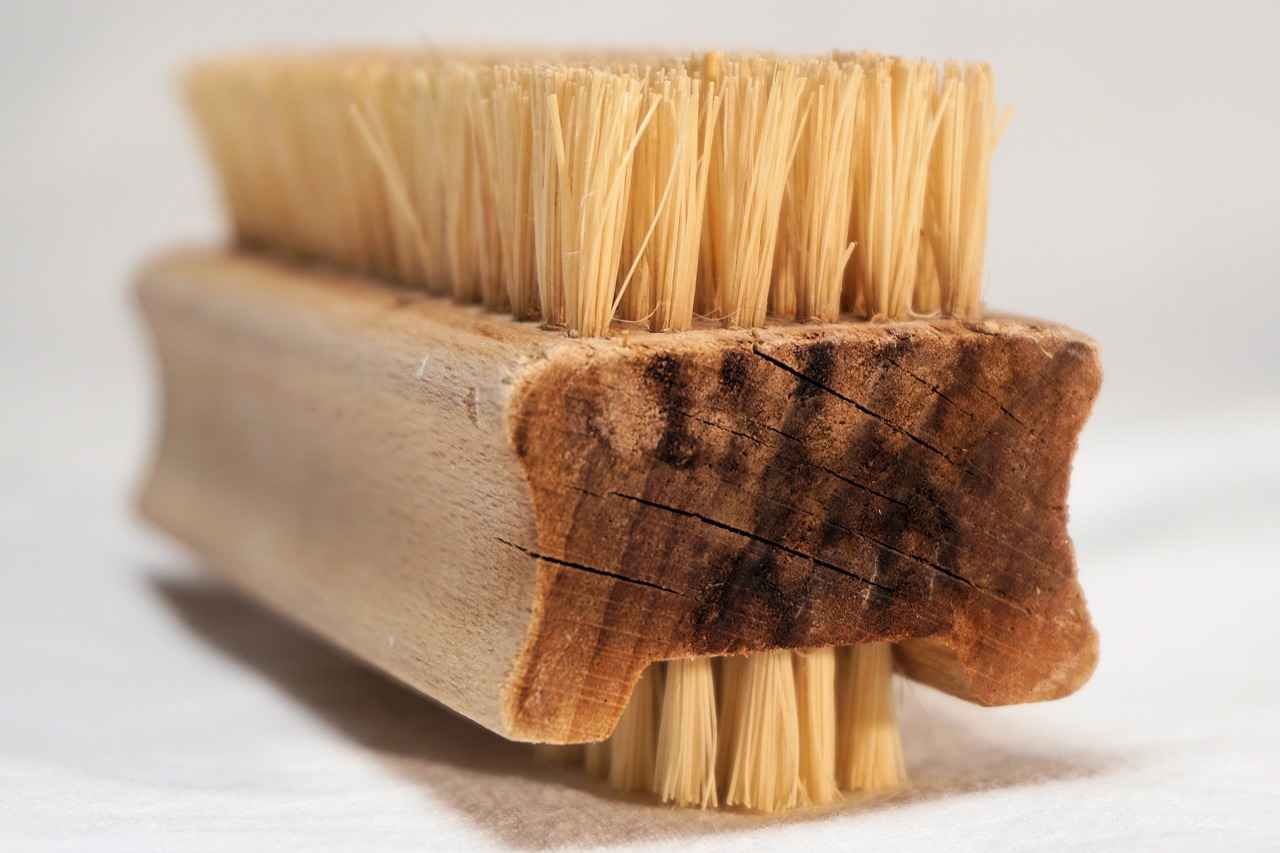
How Often Should You Clean Your Sapphires and Rubies?
When it comes to maintaining the stunning allure of your precious gemstones, understanding the appropriate cleaning frequency is essential. Sapphires and rubies are exquisite stones that require care to preserve their brilliance and integrity. Regular cleaning schedules can vary based on factors such as wear, exposure to elements, and the settings in which these gemstones are placed. This article will delve into how often you should clean your sapphires and rubies to keep them looking their best.
The frequency of cleaning your sapphires and rubies largely depends on how often you wear them and the environments they are exposed to. For instance, if you wear your jewelry daily, it may accumulate dirt and oils more quickly than pieces worn occasionally. Here are some factors to consider:
- Daily Wear: If you wear your gemstones every day, consider cleaning them every two weeks to maintain their shine.
- Occasional Wear: For jewelry that is worn less frequently, a cleaning schedule of once a month may suffice.
- Exposure to Elements: If your gemstones are exposed to harsh conditions, such as chlorine or saltwater, more frequent cleaning is advisable.
Recognizing when to clean your sapphires and rubies can help maintain their aesthetic appeal. Look for the following signs:
- Dull Appearance: If your gemstones look less vibrant or dull, it’s time for a cleaning.
- Visible Dirt: Any visible grime or residue on the surface indicates that cleaning is necessary.
- Loss of Sparkle: If the brilliance and sparkle seem diminished, a thorough cleaning can restore their shine.
When cleaning sapphires and rubies, it’s crucial to use gentle methods to avoid damaging these precious stones. Here are some effective cleaning techniques:
- Soap and Water: A mixture of mild soap and warm water is often the safest method. Use a soft cloth or a soft-bristle toothbrush to gently scrub the stones.
- Ultrasonic Cleaners: While generally safe for both sapphires and rubies, caution is advised. Ensure that the stone is not set in a way that could loosen it.
- Professional Cleaning: For heavily soiled gemstones or intricate settings, seeking a professional jeweler’s help is recommended.
For those who prefer natural methods, several DIY cleaning solutions can effectively clean sapphires and rubies:
- Baking Soda Paste: Mix baking soda with water to create a paste, apply it gently, and rinse thoroughly.
- Vinegar Solution: A diluted vinegar solution can help remove grime but should be used sparingly.
- Club Soda: Soaking gemstones in club soda can help restore their shine due to its carbonation.
Maintaining the brilliance of your sapphires and rubies requires understanding how often to clean them based on wear and exposure. By following a regular cleaning schedule and recognizing the signs that indicate your gemstones need attention, you can ensure they remain stunning for years to come. Remember, the right care not only enhances their beauty but also extends their lifespan, allowing you to enjoy these precious stones for generations.
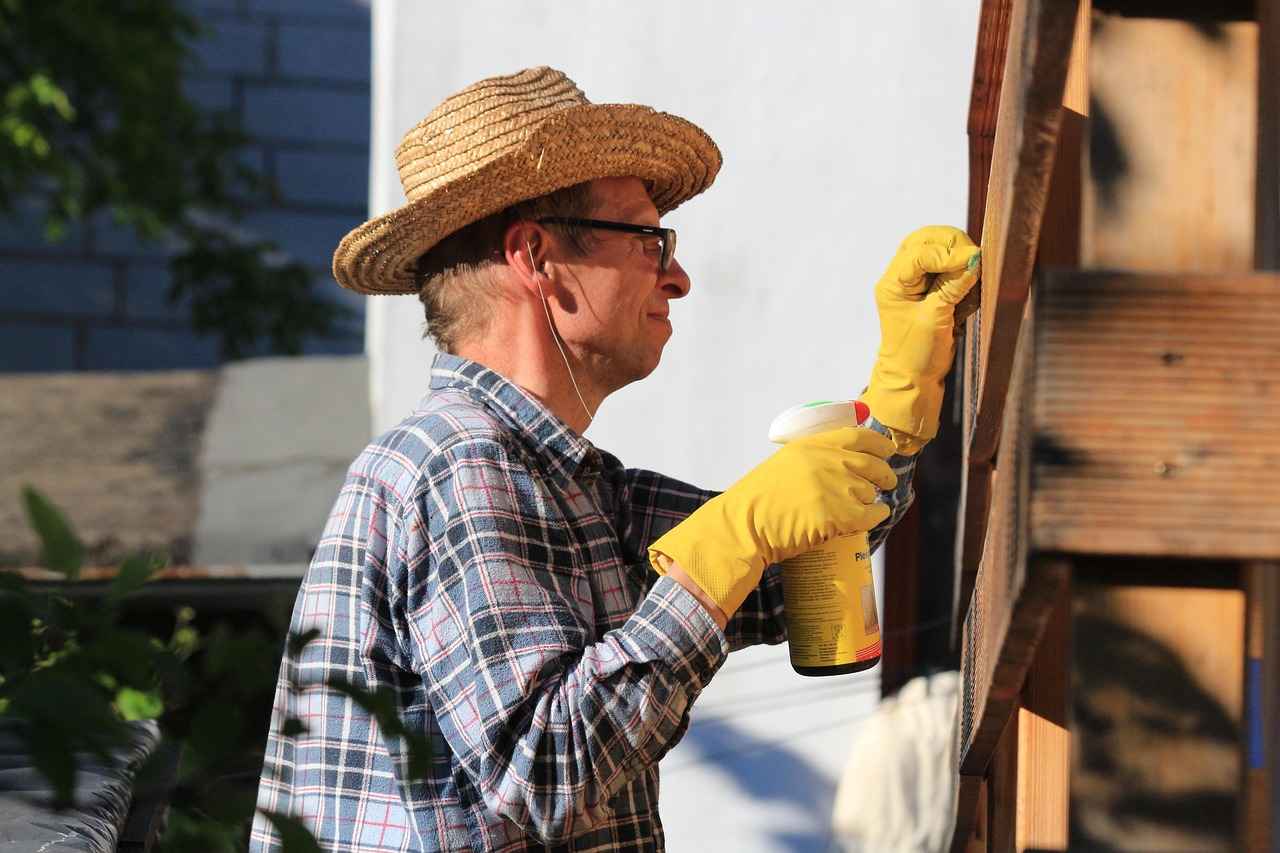
What Are Some DIY Cleaning Solutions for Gemstones?
When it comes to caring for your precious gemstones like sapphires and rubies, understanding how to clean them effectively is essential. Many people prefer homemade cleaning solutions because they can be both effective and gentle, ensuring the longevity and brilliance of these stunning stones. Below, we explore various DIY cleaning solutions that you can easily prepare at home.
Creating your own cleaning solutions can be a cost-effective and safe way to maintain the beauty of your sapphires and rubies. Here are some effective methods:
- Soap and Water Solution: Mix a few drops of mild dish soap in a bowl of warm water. Soak your gemstones for about 15-20 minutes, then gently scrub with a soft toothbrush. Rinse thoroughly with clean water.
- Baking Soda Paste: Combine three parts baking soda with one part water to create a paste. Apply the paste to the gemstone using a soft cloth or a toothbrush. Rinse well to remove any residue.
- Vinegar Solution: For a natural cleaning method, mix equal parts of white vinegar and water. Soak your gemstones for a few minutes, then gently scrub to remove dirt and grime. Rinse with water to finish.
- Olive Oil and Lemon Juice: A mixture of olive oil and lemon juice can help restore shine to your gemstones. Use a ratio of 3:1 (olive oil to lemon juice), apply it with a soft cloth, and buff gently.
Using homemade cleaning solutions can be beneficial for several reasons:
- Cost-Effective: DIY solutions are often cheaper than commercial products.
- Safe Ingredients: Many homemade cleaners use natural ingredients that are less likely to harm your gemstones.
- Environmentally Friendly: Homemade solutions reduce the use of harsh chemicals, making them a greener choice.
While many household items can be used to clean gemstones, it’s crucial to avoid certain substances that can cause damage:
- Bleach: This harsh chemical can weaken the structure of your gemstones.
- Ammonia: Similar to bleach, ammonia can be too abrasive for delicate stones.
- Acetone: This solvent can damage both the gemstone and any adhesive used in the setting.
Regular cleaning is essential for maintaining the sparkle of your sapphires and rubies. Depending on wear and exposure, a cleaning routine every few weeks is recommended. If you wear your jewelry daily, consider a more frequent schedule to prevent buildup of dirt and oils.
While DIY cleaning is effective, there are times when professional cleaning is advisable. If your gemstones are heavily soiled, have intricate settings, or if you notice any damage, it’s best to consult a professional jeweler. They have the tools and expertise to clean and restore your jewelry without risking damage.
In summary, using homemade cleaning solutions can be a safe and effective way to keep your sapphires and rubies looking their best. By understanding the right methods and ingredients, you can ensure that your precious stones remain brilliant and beautiful for years to come.
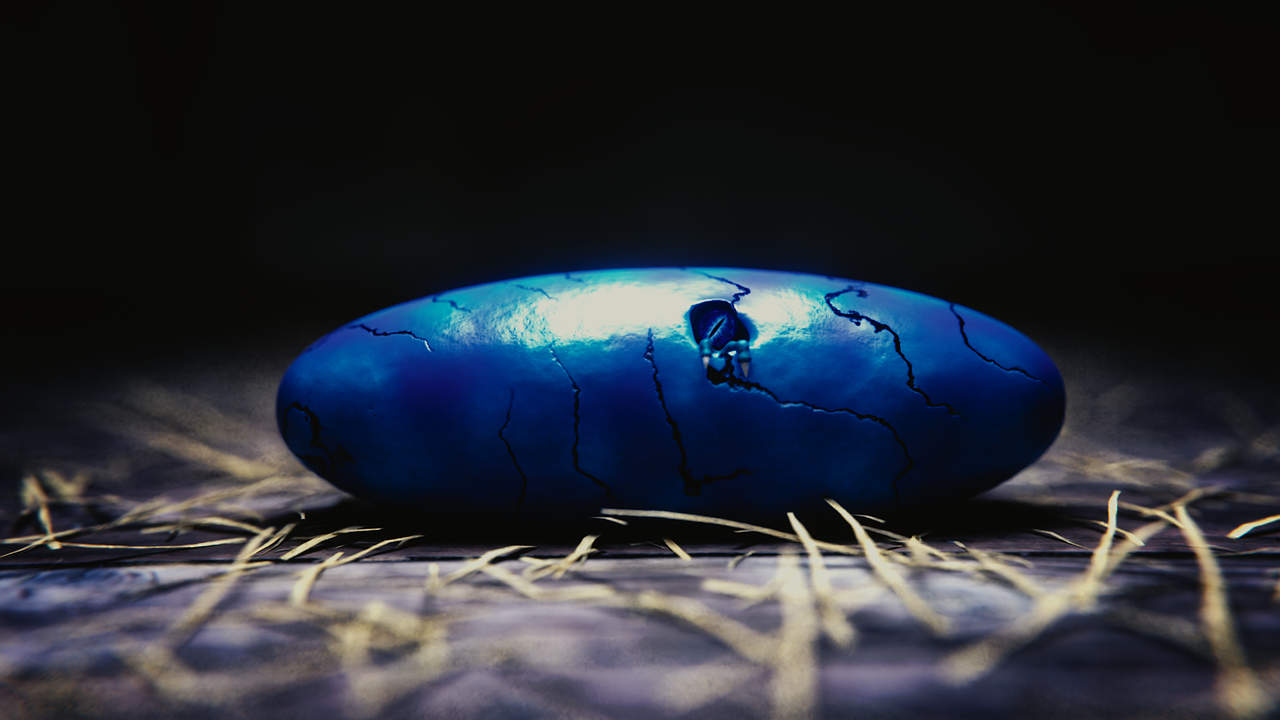
When Should You Seek Professional Cleaning Services?
When it comes to maintaining the beauty and integrity of your precious gemstones, understanding when to seek professional cleaning services is crucial. While regular at-home care can be effective, certain conditions may necessitate the expertise of a professional. In this section, we will explore the specific scenarios in which consulting a professional cleaner is not just advisable, but essential.
- Heavily Soiled Gemstones: If your sapphires or rubies have accumulated significant dirt, oils, or residues, a professional cleaning may be necessary. Home cleaning methods may not suffice in these cases.
- Intricate Settings: Gemstones set in elaborate or delicate jewelry designs may require specialized tools and techniques that only professionals possess, ensuring that no damage occurs during the cleaning process.
- Visible Damage: If you notice scratches, chips, or other signs of wear on your gemstones, it’s time to consult an expert. They can assess the damage and provide appropriate cleaning and repair services.
- Frequent Use: Jewelry worn daily, especially in environments with exposure to harsh chemicals or dirt, may require more frequent professional cleaning to maintain its brilliance.
Engaging a professional cleaner offers numerous advantages:
- Expert Knowledge: Professionals have a deep understanding of various gemstones and their specific cleaning needs, ensuring that the right methods and products are used.
- Advanced Equipment: Many professional cleaners utilize specialized tools and ultrasonic cleaners that can safely remove dirt and grime that regular cleaning cannot.
- Restoration Services: In addition to cleaning, professionals can also perform restoration services, addressing any damage and enhancing the overall appearance of your jewelry.
The frequency of professional cleaning can depend on several factors:
- Usage: Jewelry worn frequently may need professional cleaning every 6 to 12 months, while pieces worn less often can be cleaned annually.
- Environmental Exposure: If your gemstones are exposed to chemicals, sweat, or dirt regularly, more frequent professional cleanings may be warranted.
When you take your gemstones to a professional cleaner, here’s what you can typically expect:
1. Initial Assessment: The cleaner will evaluate the condition of your gemstones and jewelry.2. Cleaning Process: Using appropriate methods, the cleaner will remove dirt and restore shine.3. Recommendations: After cleaning, the professional may offer advice on future care and maintenance.
Selecting a reputable cleaning service is essential for the best results. Consider the following:
- Experience: Look for professionals with a proven track record in cleaning gemstones.
- Reviews: Check customer testimonials and ratings to gauge the quality of their service.
- Certifications: Ensure that the cleaners are certified and knowledgeable about gemstone care.
In conclusion, recognizing the right time to seek professional cleaning services can significantly enhance the longevity and beauty of your sapphires and rubies. By being attentive to the condition of your gemstones and understanding the benefits of professional care, you can ensure that your jewelry remains a stunning and cherished part of your collection.
Frequently Asked Questions
- What is the best way to clean sapphires?
The best way to clean sapphires is by using a mixture of mild soap and warm water. Gently scrub with a soft brush to remove dirt without scratching the stone.
- Can I use ultrasonic cleaners for my rubies?
While ultrasonic cleaners can be effective, it’s best to avoid them for rubies unless you’re sure of their durability. Always check with a professional if you’re unsure!
- How often should I clean my gemstones?
It’s recommended to clean your sapphires and rubies every few weeks, especially if worn regularly. This helps maintain their shine and prevents buildup of grime.
- Are there any chemicals I should avoid when cleaning?
Yes, avoid harsh chemicals like bleach and ammonia as they can damage the stones. Stick to gentle soap solutions for the best results.
- When is it time to seek professional cleaning?
If your gemstones are heavily soiled or have intricate settings, it’s wise to consult a professional. They have the tools and expertise to handle delicate pieces safely.
